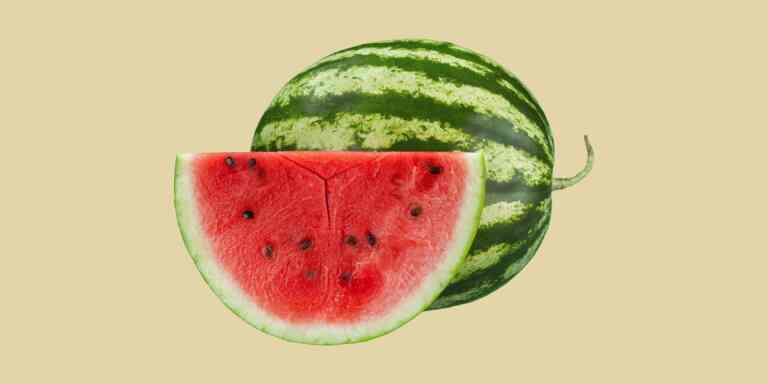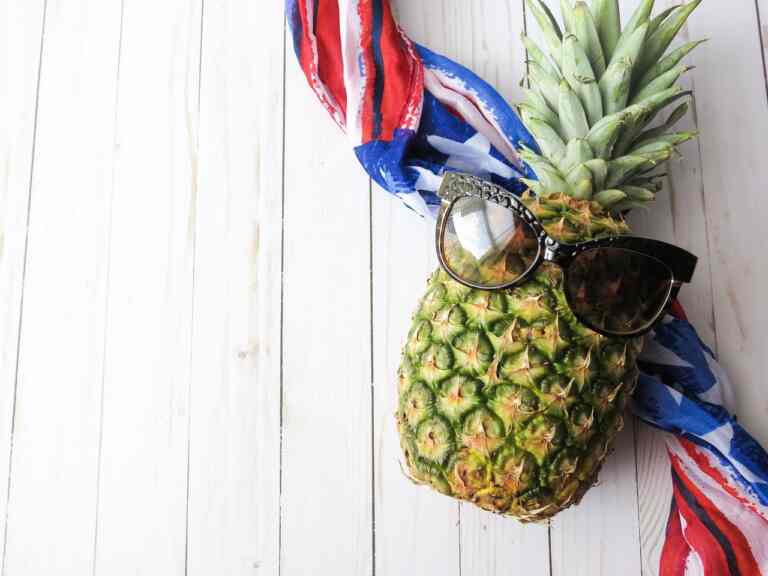Can We Eat Kiwi At Night?
Kiwis, with their emerald green flesh and fuzzy brown exterior, are a delicious and nutritious treat. But when it comes to nighttime snacking, the question arises: can we eat kiwi at night? The answer, like most things in life, isn’t a simple yes or no.
The Good News for Nighttime Kiwi Lovers
Studies have shown that kiwis might actually be beneficial for sleep. This furry friend is packed with nutrients like:
- Serotonin: This neurotransmitter helps regulate sleep and mood, and kiwis contain a surprisingly high amount of it.
- Vitamin C: This antioxidant powerhouse may help reduce stress and promote relaxation, both of which are essential for a good night’s sleep.
- Folate: This B vitamin plays a role in producing melatonin, the hormone that controls your sleep-wake cycle.
In a study published in the Journal of Nutritional Science and Vitaminology, participants who ate two kiwis one hour before bed fell asleep faster, slept longer, and woke up feeling more refreshed than those who didn’t eat kiwis.
Potential Downsides to Consider
While kiwis generally seem like a bedtime-friendly snack, there are a few things to keep in mind:
- Fiber content: Kiwis are a good source of fiber, which can be helpful for digestion. However, eating too much fiber too close to bedtime can lead to stomach discomfort and disrupt sleep. Stick to one or two kiwis to avoid this.
- Natural sugars: Kiwis contain natural sugars, which can give you a burst of energy. If you’re sensitive to sugar, eating kiwis close to bedtime might make it harder to fall asleep.
- Acidity: Kiwis are slightly acidic, which could irritate your stomach or esophagus, especially if you have acid reflux. If this is a concern for you, it’s best to avoid kiwis before bed.
The Verdict: A Kiwi Conundrum
So, can we eat kiwi at night? The answer, as you might have guessed, is it depends. For most people, enjoying a kiwi or two an hour before bed can be a healthy and sleep-promoting treat. However, if you have any concerns about fiber, sugar, or acidity, it’s best to err on the side of caution and choose a different bedtime snack.
Remember:
- Listen to your body. If kiwis make you feel uncomfortable, avoid them before bed.
- Experiment with different timing. Try eating kiwis earlier in the evening, like after dinner, to see if that works better for you.
- Consider other sleep-promoting foods. If kiwis aren’t your thing, there are plenty of other delicious options like cherries, bananas, and almonds that can help you drift off to dreamland.
Ultimately, the decision of whether or not to eat kiwis at night is a personal one. Weigh the potential benefits and drawbacks, listen to your body, and enjoy this nutritious fruit in a way that works best for you and your sleep cycle.
Sweet Dreams!
Source: Journal of Nutritional Science and Vitaminology
I hope this article has helped you explore the world of nighttime kiwis and make informed decisions about this delicious and potentially sleep-boosting fruit. Now, go forth and enjoy your kiwi (or not), and may your dreams be sweet and fuzzy!
Related Posts
This article is reviewed by Russel, before publishing. If you have any doubt, you can contact us or consult with your nearby doctor. Remember, in medical matters, there is no same advice, cure, and medicine for all.







